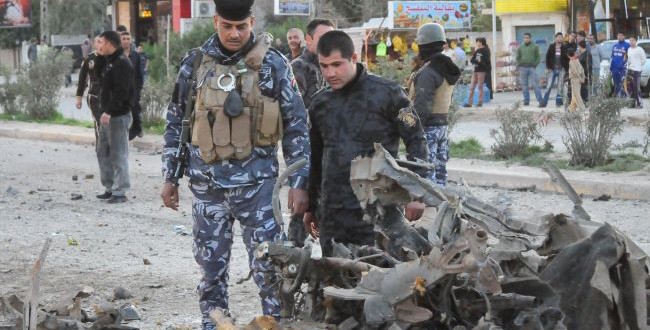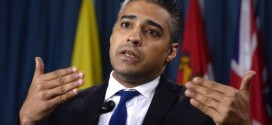Attacks in different parts of Iraq on Wednesday led to the deaths of 14 people. The strikes are the latest in a long wave of violence that has caused more than 4,000 deaths this year already. The bombings and shootings struck in Baghdad and parts of the West and the North, leaving dozens wounded, medical and security officials said. The protracted violence in Iraq has fuelled fears that the country is slipping back to the brutal sectarian conflict it had faced in 2006-2007 which saw tens of thousands lose their lives. The most lethal violence on Wednesday saw eleven bombs go off in the ethnically-mixed town Tuz Khurmatu. Five people were killed and 11 people were wounded in the strikes, officials said. The blasts had targeted homes of ethnic Turkmen in a town populated by Kurds and Arabs too. Tuz Khurmatu lies in territory that Kurdish leaders are looking to add to their autonomous region to the north, despite objections from the central government. Insurgents in the region often exploit the poor communication between the Kurdish and Arab security forces to execute attacks. Other attacks in the northern provinces of Nineveh and Kirkuk led to the deaths of three people, while bombings and shooting in and around Baghdad led to the deaths of three more. Shelling in militant-held Fallujah led to the deaths of three people. Fallujah and parts of Ramadi have been controlled by rebel forces for most of this year. Fallujah has been repeatedly shelled by security forces for months now. They insist that they are only targeting militant hideouts. However, residents and human rights groups say that civilians are being affected most by the bombardment. Only yesterday, the New York-based Human Rights Watch had criticized the government of Iraq for shelling the main hospital in Fallujah. Authorities in Iraq blame the violence of external factors like the civil war in neighbor Syria. They insist that their large-scale operations against militants are effective. However, attacks against them occur almost on a daily basis. Diplomats argue that the government must reach out to the Sunni Arab minority if they want to supress support for militancy.

 The Arab Democrat The Latest From The Arab World
The Arab Democrat The Latest From The Arab World





